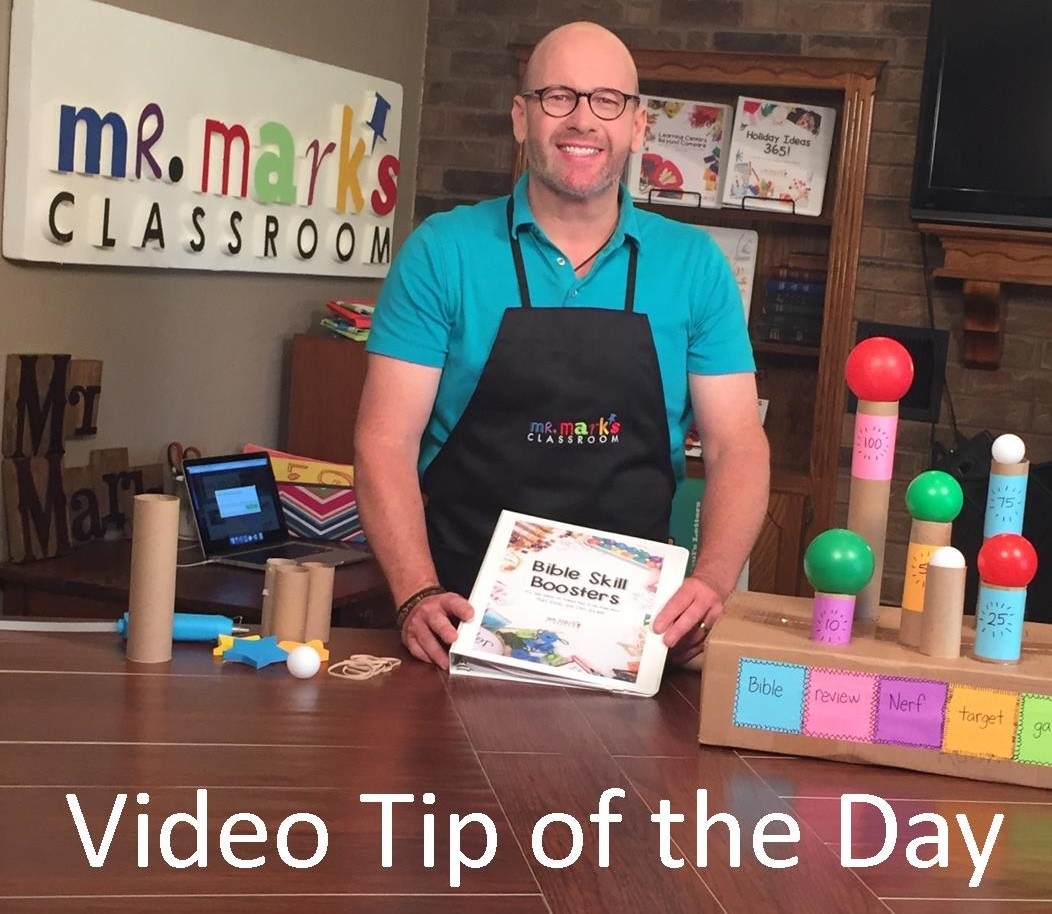While selfishness is a sin, self-respect is a virtue. When dignity is freely given there is less desire to challenge. Authority does not have to be taken, it is the result of the adult clearly, lovingly, and respectfully stating expectations.
Respect is not neglect, or over indulgence.
Teachers who manipulate and trick children only have the illusion of authority. Adults who consistently try to be one of the kids, not only surrender power, they may use anger to try to regain it. This creates a classroom of insecurity.
Treating children with esteem does not mean letting them rule the room. Just as it would be foolish to turn over the controls of an airplane to a person who has never flown, it is unloving to give children too much independence. Nor does it mean there is no consequences to misbehavior. Children have a sin nature; modeling politeness is not enough to bring out their best. When they deliberately misbehave, they need to know there are consequences of their actions.
Respect is recognizing each child is precious to God.
When you are talking with another child, the next one can wait to speak until you acknowledge him. When he approaches, touch him. Ignoring him is rude; he will misbehave if necessary, to get your attention. As soon as possible, give him your undivided attention.
When you are asking for prayer requests and someone begins a long story, smiling say, “I really want to hear your story, but tell me only the prayer request.” Then privately ask about the story later.
Every time one of the children speaks or acts harshly to another remind him, “In our class we are kind.” If it happens again, pull the agitator aside and explain, “It is my job to protect everyone, so what is going on?” Listen attentively, being heard may be enough to settle his frustration. “Yes I understand why you are upset, but can you handle your feelings in another way?”
By maintaining an atmosphere of joy, children will be brave enough to think. You cultivate courage by not taking yourself too seriously. Laugh at your mistakes when they are simple, and apologize when your misunderstanding was hurtful.
If your authority is challenged, be slow to escalate. Give the child choices so he feels some power, but keep those choices within your plan so you have the control. “I don’t mind if you sit or stand while we sing, the choice is yours.” If that is not enough for him to cooperate, express regret not anger. “I am sorry you chose to lay on the floor. You may watch from over here with Mrs. Susan.”
Once children realize that you truly care about them, once they know that they can trust you to treat them with respect, and once they see that you will keep everyone safe, they will very rarely challenge your authority.
After serving as children’s minister for twenty-four years, Jayna Coppedge wrote the parenting book she wanted to give to the families in her ministry. Parenting with the End in Mind is available on Amazon. Join her parenting Facebook discussion group www.facebook.com/groups/1583891675269970/ . Invite her to speak at your parenting or children’s teacher training event.








